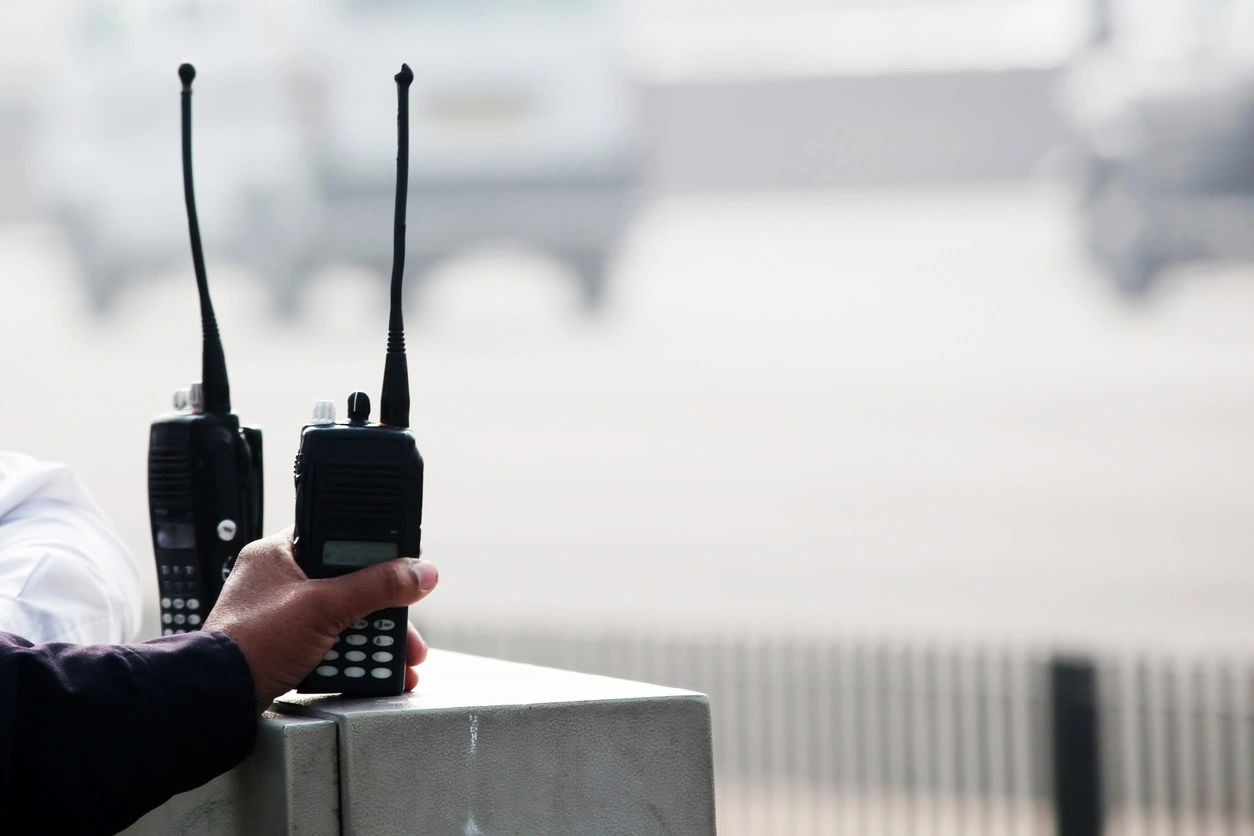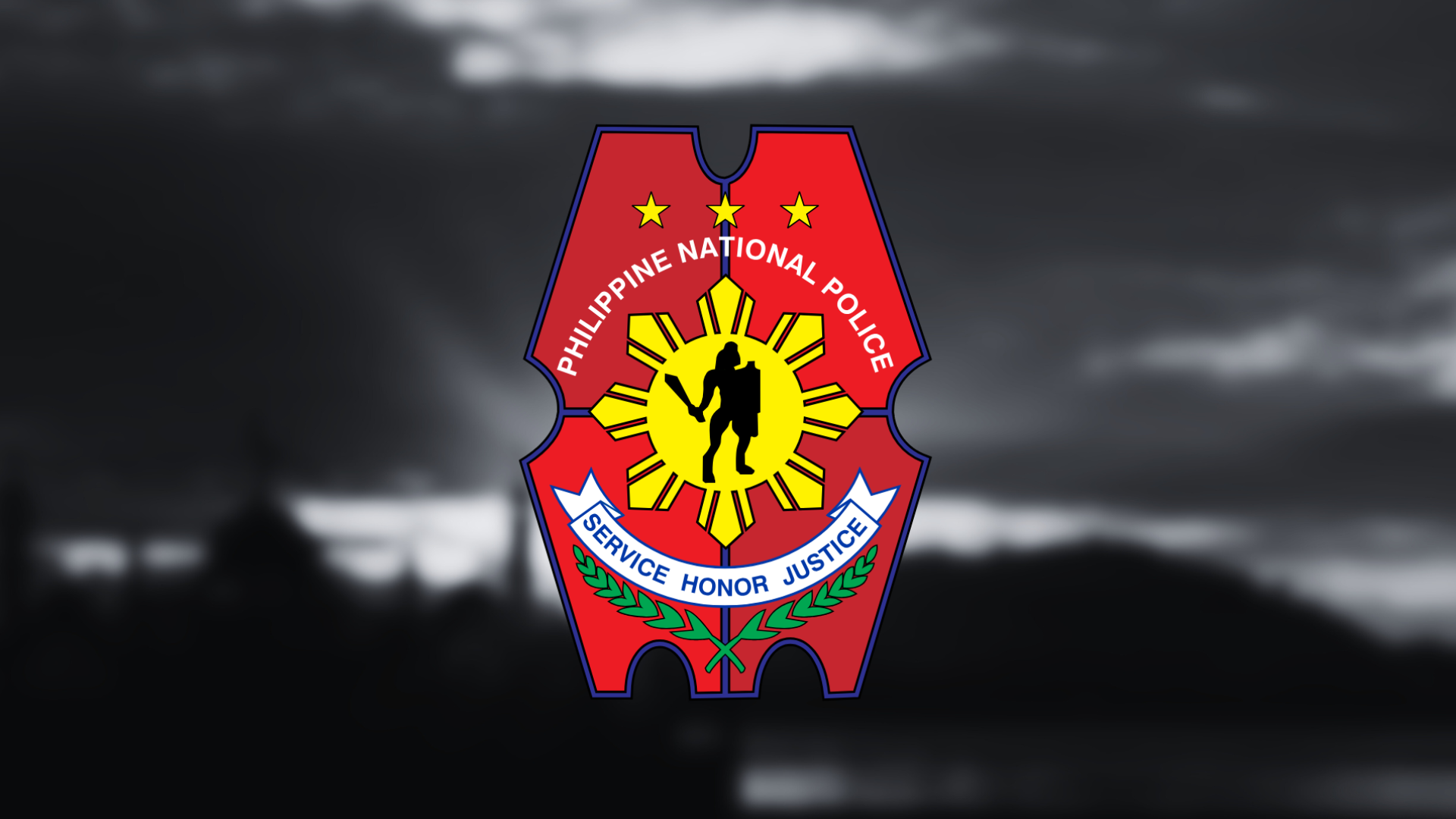When I left military service for the corporate sector, I learned a few lessons on how to effectively manage industrial security in the Philippine environment. These lessons include being strict, professionally updated, leading a competent security culture, knowing how to tap into helpful security partnerships, having good relations with top management, and being upright.
The first lesson learned was easy for me. Being strict was something I already carried with me having come from the military. As I navigated through my new environment in the corporate sector, I increasingly discovered that being strict brought in more dividends than being lax or inconsistent. Strictness especially worked well when one had to enforce compliance across a multitude of security service providers. One thing with being strict is that every deployed guard already knows you mean business soon as he sees you approaching. Strictness and unpredictability keep every guard on his toes as he does not know when you show up. Knowing the strict culture, every guard is bound to perform his duties well even without anyone looking. In my experience, strictness done in the right sense, does more towards sustaining high security standards in both short and long terms.
Being professionally updated is the second takeaway of mine from managing security. There may be those who think taking this for granted is okay. But to my knowledge, keeping abreast with the latest in one’s field is not only important but crucial. I confirmed this to be true working in the industry the past twelve years not to mention my many years in the military. It was a good thing that I was advised by colleagues in the industry to join industry associations like ASIS International, among others, and become professionally certified. Thus, in 2007 I joined ASIS, reviewed for and earned my Certified Protection Professional credential. The examination was one of the hardest I have taken but it was well worth it. CPP is the highest certification credential in the security industry worldwide. ASIS is the preeminent security organization in the world with around 38,000 members. It facilitates continuing education and training for its members. It also exhibits the latest security systems and gadgets out there in the market. I have availed of these training sessions since 2007 and was able to keep my professional certification in the process. The last conference I attended was just in early October 2019 in Singapore. My attendance to the conferences has allowed me to be knowledgeable about the latest in my field. It made me feel confident that I knew my stuff enabling me to competently manage the security issues in my organization. I also became active with ASIS serving as the Philippine chapter chairman in 2012.
Leading a competent security culture is the third Must Do for any security lead operating in the Philippines and perhaps elsewhere. It is easy for people to unduly criticize the security function, and at times, we cannot blame them. Whenever they see a security guard who is shabby-looking or does not seem to know what he is doing, the scenario adds to confirm this impression. But it is unfair to the security industry and to other security practitioners who are competent in their field. There is still much that needs to be done to standardize the delivery of security service providers in the Philippines. The bureaucracy in the Philippines is a tough one to navigate through as the economy and politics often get in the way. But competent security providers and management are not an impossibility even in our country. And often it is the responsibility of the security lead to see to it that the organization he leads is a competent one. If he has to recruit painstakingly to get started then so be it. It would be well worth it in the end. If he has to train his people slowly but surely, then so be it. If he has to continually guide and supervise execution of performance then so be it. The security lead should do everything that needs to get done to attain a competent security organization beginning with himself. And all members in his outfit must be competent as his organization is eventually as competent as its weakest link. Only when security is seen as competent will it get the respect it deserves.
Knowing how to tap into helpful security partnerships is a fourth key takeaway. Especially in a developing country operating environment like the Philippines, sometimes this is probably the most effective way to get the security mission accomplished. It must be understood that private security does not have substantive law enforcement authority. Only public law enforcement has it. Oftentimes, it is public LE that has the data or intelligence private security needs. Thus, a good rapport with the police or military will go a long way towards this crucial end. When I worked for PSA and then Wyeth, my military background helped a lot as I knew many in law enforcement who could help. I would go to a chief of police in Muntinlupa whom I knew to get crime data. I even sought the help of the chief PNP regarding difficult government permits. I sought the help of old colleagues in PNP CIDG to investigate and prosecute counterfeiting suspects when I worked for Pfizer. We turned over basag-kotse suspects to the Laguna PNP when I was with Wyeth. Associations with security industry organizations also help. Groups like the ASIS chapter or PSIS have many colleagues who can share specialized knowledge one needs. Locator associations like the one we had in Canlubang enabled access to what we did not have that others did which proved useful during emergencies, whether criminal or natural like disasters. Organizations with a global reach also come in handy. ASIS International for instance can help by way of travel security and intelligence impacting traveling colleagues.
Having good relations with top management is the fifth Lesson Learned. Security never loses if it is in good terms with top management. It always wins if it does. Security is fortunate if it happens to have a supportive top leadership. It is quite unfortunate if it doesn’t. If top management is not supportive, security must be the one to make the adjustment to win leadership support. It must advance a business case citing the advantage of security support for business success. If the security lead has to go out of his way to befriend the business boss and get his support, then he must get out of his comfort zone and do so. I recall when I was seconded as security manager to Fluor-Philippines. Even if the HR head I reported into was aloof, I went out of my way to befriend the GM who was an American. Security was supported after that. I had the best boss at Wyeth manufacturing when I was there. Jake Isidro was a tough managing director but he was all-out for security. Therefore, we did our best not to fail him. Security had many wins due to our good relations with top management. And so did the business.
Finally, to be an effective security lead, one must be upright. Was it not Harry Truman who said that if politicians become rich in office, they are crooks? If one is a crook, one will not be a good security lead. I knew of one manager who led security but also stole from the company. That alone already speaks a lot. And the uprightness applies to all members of the security hierarchy including the supervisors and detachment commanders. I guess this last takeaway really applies to all and not just security. They say that the leader sets the culture. Which makes uprightness an even more critical attribute. The rest of the members of the security organization cannot be expected to be honest and trustworthy if their leader is not. I used to lecture our guards that the competitive advantage of any guard is his uprightness more than his skill. His security skill goes to naught and becomes useless if he cannot be trusted. Security is among the most trusted in any company. It is the one that holds the fort when everyone goes home. Uprightness as a security requirement is written all over this reality of corporate life. And it all starts from the leader.
When I first joined the security industry after leaving the military, I thought I already knew about private or corporate security. I was totally wrong. Like the platoon sergeant in the battalions who teaches the fledgling new lieutenant platoon leader, I was initially dependent upon my DC who taught me everything. I only became more confident in the security job that I did as the years wore on. At the tenth year mark, I could say that I not only knew corporate security in particular but overall business in general.






